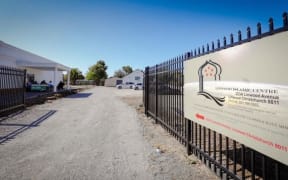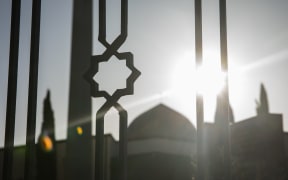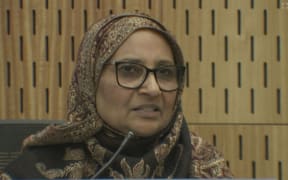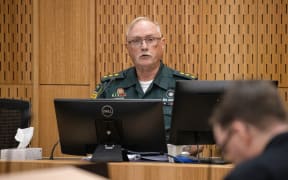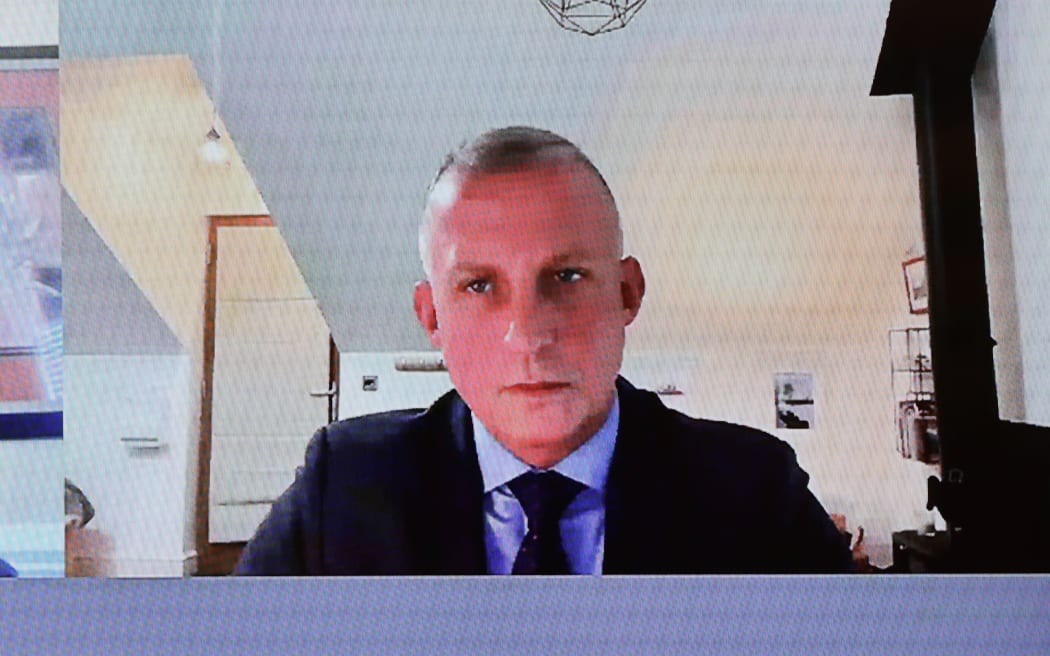
Counter terrorism expert Julian Platt. Photo: Pool/Stuff
Front line police could have possibly stopped the shooting at a second mosque during the Christchurch terror attack, if they were aware of the threat against it, an international counter-terrorism expert says.
Julian Platt praised the police response to the massacre at Al Noor Mosque but said the attack on Linwood Islamic Centre could have been disrupted.
The UK-based court-appointed expert gave evidence as the inquest into the deaths of 51 worshippers on 15 March 2019 entered its final week.
Police deployment to Al Noor Mosque was quick and actions taken were appropriate, Platt told the Coroners Court.
But the decision of a police call-taker to label a call from a Parliamentary Services staffer, which singled out Linwood mosque as a potential target, as a Priority 2 event was an error.
"The information [the caller] was passing was so serious and urgent that the police should have tested its validity, confirming, or negating the threat and acting accordingly.
"It was an error to enter the event as a Priority 2, especially when at the same time the police were receiving numerous calls about a firearms attack at Masjid an-Nur.
"This is among the clearest examples of a Priority 1 call - defined as an actual threat to life or property happening now - that operators will see."
The call gave police access to information about the Linwood attack as early as 1.45pm, he said.
The gunman began the second attack at 1.52pm.
Seven people were murdered at Linwood Islamic Centre.
Earlier evidence in the inquest had shown that the Priority 2 call was essentially buried on the day of the attack with no action taken because as a result.
Platt said there was at least a five-to-seven-minute window where police might have been able to deploy to Linwood before the attack began.
"Whether the police could have deployed a response within that tight timeframe would require further assessment," he said.
A senior police tactical expert last week told the inquest it would be "idealistic" to think police could have stopped the Linwood attack.
However, Platt did note that when the first reports of gunfire started to come through about the attack at Linwood, police were on scene within five minutes.
"Based on this assessment, it appears an opportunity to pre-empt or disrupt the Linwood attack was a possibility, although the timings appear tight."
With regard to the response at Al Noor Mosque, Platt said he had "nothing but praise" for the initial Armed Offenders Squad team to enter and initially clear the scene.
He said it was appropriate for that team to redeploy to Linwood mosque after hearing reports of the second attack but they should have been replaced so severely injured victims were not left alone for more than 10 minutes inside the mosque.
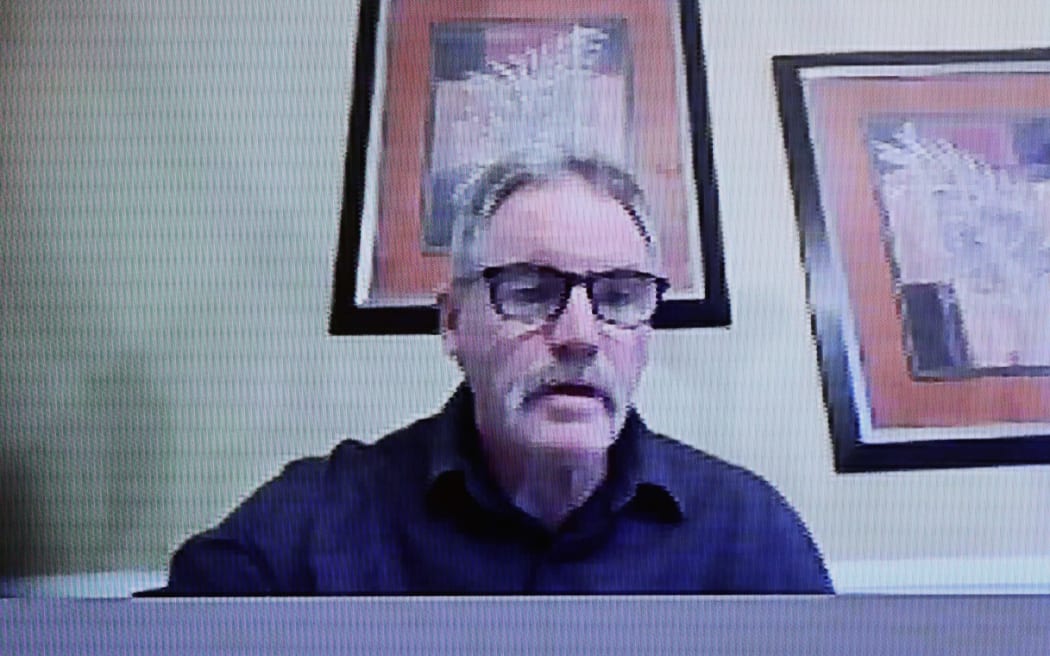
Counter terrorism expert Alan Brosnan. Photo: Pool/Stuff
Paramedics should have entered Al Noor earlier - experts
Platt and Alan Brosnan, a police-appointed counter terrorism expert, both agreed that St John should have entered Al Noor Mosque as soon as the first police team said it was safe to do so.
That was at 1.59pm. In reality, the first paramedics did not enter the mosque until 2.15pm and even then, it was in breach of St John policy.
But Brosnan told the court "policy is one thing and reality is another".
People were dying and the police team made a decision to call ambulances forward to try save lives, he said.
Platt agreed, and said the inside of the mosque had dropped to a "cold zone" once the initial clearance had been made.
No gunfire had been heard and there was a "pressing need" to pivot the operation to a rescue as soon as possible to help the injured victims inside.
He told counsel for families Anne Toohey that time was of the "absolute essence" and every second counted given the catastrophic injuries.
But when asked by Toohey if police should have considered extricating patients straight away if paramedics were not going to go inside, Platt said he did not believe it was a viable option.
Platt questioned how armed police would protect the victims as well as themselves if the outside of the mosque became a hot zone.
As they would be carrying victims, they would not be able to hold their weapons.
They would not have had stretchers and physically lifting that amount of people would have been a significant challenge, he said.
The inquest will examine the following 10 issues over seven weeks:
- Events of 15 March 2019 from the commencement of the attack until the terrorist's formal interview by police
- Response times and entry processes of police and ambulance officers at each mosque
- Triage and medical response at each mosque
- The steps that were taken to apprehend the offender
- The role of, and processes undertaken by, Christchurch Hospital in responding to the attack
- Coordination between emergency services and first responders
- Whether the terrorist had any direct assistance from any other person on 15 March 2019
- If raised by immediate family, and to the extent it can be ascertained, the final movements and time of death for each of the deceased
- The cause of death for each of the victims and whether any deaths could have been avoided
- Whether Al Noor Mosque emergency exit door in the southeast corner of the main prayer room failed to function during the attack and, if so, why?
The inquest continues.
